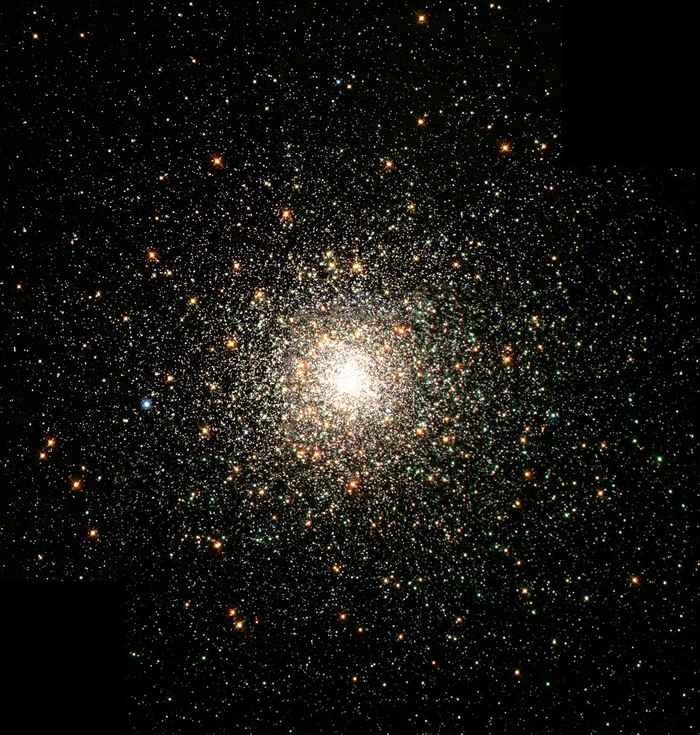Celebrity Crises and Conflicts
- Start date
- 1 July 2024
- End date
- 3 July 2024

Fame is fickle, as the saying goes, but in current times, celebrity appears to be more in crisis than ever. The #MeToo movement has brought to light disturbing facts about the reality behind the celebrity façade. The conspicuous consumption associated with stardom is attracting increasing criticisms in an era of pandemic lockdown, austerity, and environmental crisis. Developments in artificial intelligence are feeding an existential crisis of celebrity, too: is stardom now becoming a post-human phenomenon? Additionally, geopolitical conflicts, as well as polarizing debates on class, race and gender differences, have put stars under increased political pressures, and have resulted in vicious attacks on – and by – celebrities. Finally, more and more public figures are opening up about their mental health crises, raising awareness about the negative effects of fame – burn-out, depression, anxiety, the impact of hate speech, fat-shaming, or performance pressure.
Together, these developments raise urgent questions about the current and past status of celebrity, such as: what do celebrity crises and conflicts tell us about the social, political, economic, and cultural dimensions of stardom? What can we learn about current, as well as historical, celebrity crises and conflicts? What impacts do they have on the study of celebrity as an academic endeavor?